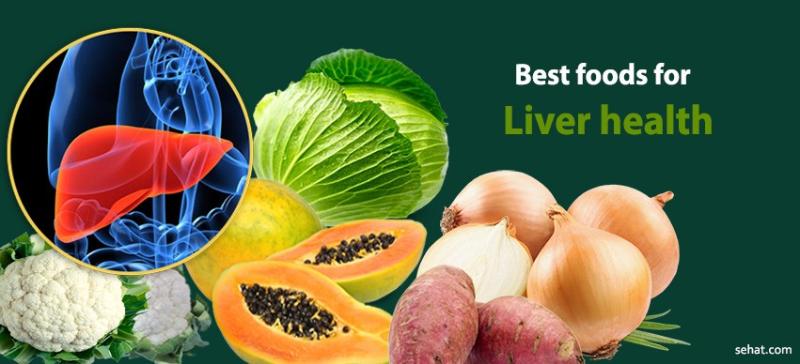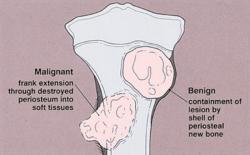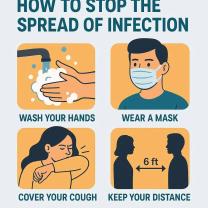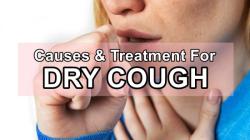What is the best diet for a healthy liver?
A healthy diet plays a crucial role in supporting liver health. While dietary needs may vary based on individual health conditions, there are general principles that can contribute to optimal nutrition for liver health. Here are some dietary practices that are often recommended:
Maintain a Healthy Weight:
- Achieving and maintaining a healthy weight is important for liver health. Excess weight, especially abdominal fat, can contribute to fatty liver disease.
Eat a Balanced Diet:
- Consume a well-balanced diet that includes a variety of nutrient-dense foods. This should include fruits, vegetables, whole grains, lean proteins, and healthy fats.
Choose Lean Proteins:
- Opt for lean protein sources such as poultry, fish, beans, legumes, and tofu. Limit the intake of red and processed meats, which can be high in saturated fats.
Include Plant-Based Foods:
- Plant-based foods like fruits, vegetables, whole grains, and legumes are rich in fiber, antioxidants, and other beneficial compounds that support overall health, including liver health.
Limit Saturated and Trans Fats:
- Reduce the intake of saturated and trans fats, which are often found in fried foods, processed snacks, and certain packaged baked goods. Instead, choose healthier fats such as those from olive oil, avocados, and nuts.
Watch Sugar Intake:
- Limit the consumption of added sugars and refined carbohydrates. High sugar intake has been linked to non-alcoholic fatty liver disease (NAFLD).
Moderate Alcohol Consumption:
- For individuals without liver disease, moderate alcohol consumption is generally considered acceptable. However, those with liver disease or at risk of liver disease should avoid alcohol completely.
Stay Hydrated:
- Adequate hydration is important for overall health, including liver function. Water is the best choice for staying hydrated.
Be Cautious with Supplements:
- Avoid high-dose vitamin and mineral supplements unless recommended by a healthcare provider. Some supplements, especially those containing iron and vitamin A, can be harmful in excess.
Monitor Sodium Intake:
- Keep an eye on sodium intake to help manage fluid balance. Limit high-sodium foods, such as processed foods and salty snacks.
Consider Coffee:
- Some studies suggest that coffee consumption may have protective effects on the liver. However, individual responses can vary, and it's essential to discuss dietary choices with a healthcare provider.
Practice Food Safety:
- Minimize the risk of foodborne illnesses by practicing proper food safety measures, such as cooking meats thoroughly, washing fruits and vegetables, and avoiding raw or undercooked seafood.
Work with a Registered Dietitian:
- If you have liver disease or specific dietary concerns, consider working with a registered dietitian. They can provide personalized nutrition guidance based on your health condition, nutritional needs, and preferences.
It's important to note that these recommendations are general guidelines, and individual dietary needs may vary. For those with liver conditions, it's crucial to consult with a healthcare provider or a registered dietitian who can provide personalized guidance based on the specific health status and nutritional requirements.
Sure, here is a comprehensive guide to nutritional recommendations, foods to limit, and lifestyle habits for optimal liver health:
Nutritional Recommendations for Liver Health and Function
The liver plays a crucial role in metabolizing nutrients, detoxifying substances, and storing energy. A balanced diet rich in nutrients essential for liver health can support its optimal function:
Fiber: Fiber promotes regular bowel movements and eliminates toxins from the body, reducing the burden on the liver. Whole grains, fruits, vegetables, and legumes are excellent sources of fiber.
Antioxidants: Antioxidants protect liver cells from damage caused by free radicals. Foods rich in antioxidants include berries, leafy green vegetables, nuts, and seeds.
Vitamins B: Vitamins B, particularly B6, B9 (folate), and B12, are essential for liver function. These vitamins can be found in fortified foods, beans, lentils, and lean meats.
Vitamin C: Vitamin C supports liver detoxification processes and boosts immunity. Citrus fruits, bell peppers, and broccoli are rich sources of vitamin C.
Vitamin E: Vitamin E protects liver cells from damage and enhances its ability to metabolize fats. Nuts, seeds, and avocados are good sources of vitamin E.
Omega-3 Fatty Acids: Omega-3 fatty acids have anti-inflammatory properties that can help reduce liver inflammation and protect against liver damage. Fatty fish like salmon, sardines, and mackerel are excellent sources of omega-3s.
Limiting Foods and Beverages Harmful to Liver Health
Certain foods and beverages can negatively impact liver health and increase the risk of liver damage:
Saturated and Trans Fats: These unhealthy fats can contribute to fatty liver disease, a precursor to more severe liver conditions. Limit consumption of red meat, full-fat dairy products, and processed foods high in these fats.
Excessive Sugar: High sugar intake can lead to weight gain, insulin resistance, and fatty liver disease. Reduce consumption of sugary drinks, processed snacks, and pastries.
Alcohol: Excessive alcohol consumption is a major risk factor for liver disease, including cirrhosis and liver cancer. Moderate alcohol intake or abstinence is recommended for optimal liver health.
Salt: High salt intake can contribute to high blood pressure, which can further strain the liver. Limit processed foods, reduce the use of salt in cooking, and choose low-sodium options when available.
Incorporating Lifestyle Habits for Optimal Liver Health
Beyond diet, lifestyle habits play a significant role in maintaining liver health:
Regular Exercise: Physical activity helps maintain a healthy weight, reduce inflammation, and improve overall liver function. Aim for at least 30 minutes of moderate-intensity exercise most days of the week.
Adequate Sleep: Sufficient sleep allows the body to repair and regenerate cells, including liver cells. Aim for 7-8 hours of quality sleep each night.
Smoking Cessation: Smoking is a major risk factor for liver disease. Quitting smoking is one of the most important steps you can take to protect your liver health.
Regular Check-ups: Schedule regular check-ups with your doctor to monitor your liver health and identify any potential issues early on.
Avoid Toxins: Minimize exposure to harmful substances like pesticides, heavy metals, and recreational drugs, as these can damage liver cells.
By following these nutritional recommendations, limiting harmful foods and beverages, and adopting healthy lifestyle habits, you can significantly enhance your liver health and promote overall well-being.












